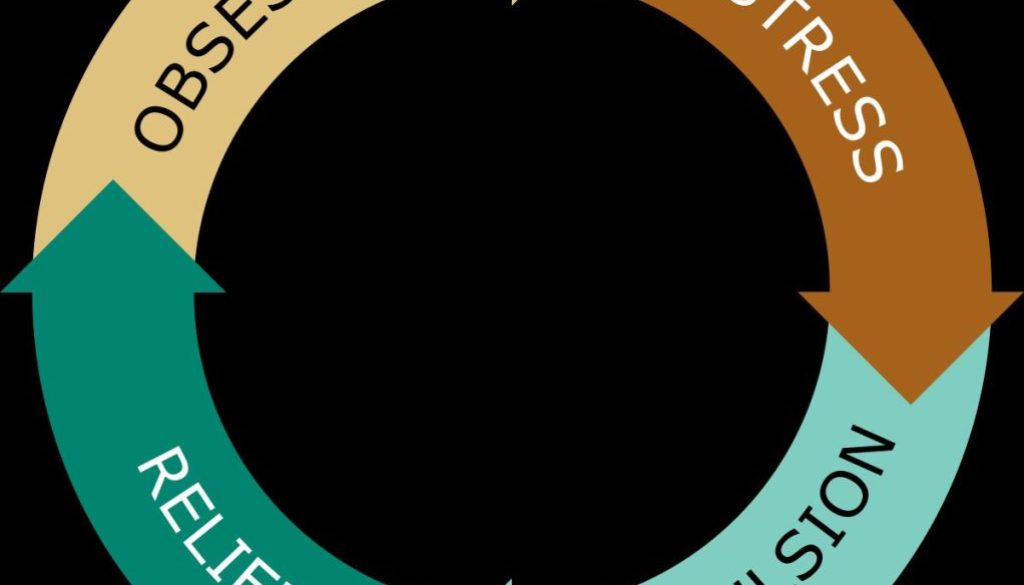Obsessive-Compulsive Disorder (OCD)
Obsessive-Compulsive Disorder (OCD) is a mental health condition characterized by recurring, intrusive thoughts (obsessions) and repetitive behaviors (compulsions) that an individual feels compelled to perform. Here’s what you need to know:
– Symptoms: Common symptoms include excessive cleaning, checking, or arranging, as well as intrusive thoughts or images.
– Causes: OCD is thought to be caused by a combination of genetic, environmental, and neurobiological factors.
– Treatment: Treatment options include cognitive-behavioral therapy (CBT), medication, and lifestyle changes.
– Types: There are several subtypes of OCD, including contamination OCD, harm OCD, and symmetry OCD.
– Impact: OCD can significantly impact daily life, relationships, and overall well-being.
Some common myths about OCD include:
– Myth: OCD is just about being neat or organized.
Reality: OCD is a serious mental health condition that involves intrusive thoughts and compulsive behaviors that can be distressing and debilitating.
– Myth: People with OCD are just being perfectionistic.
Reality: While some people with OCD may exhibit perfectionistic tendencies, OCD is a complex condition that involves a range of symptoms and experiences.
In Conclusion:
If you or someone you know is struggling with OCD, it’s essential to seek professional help from a mental health expert. With proper treatment and support, individuals with OCD can learn to manage their symptoms and improve their quality of life.



